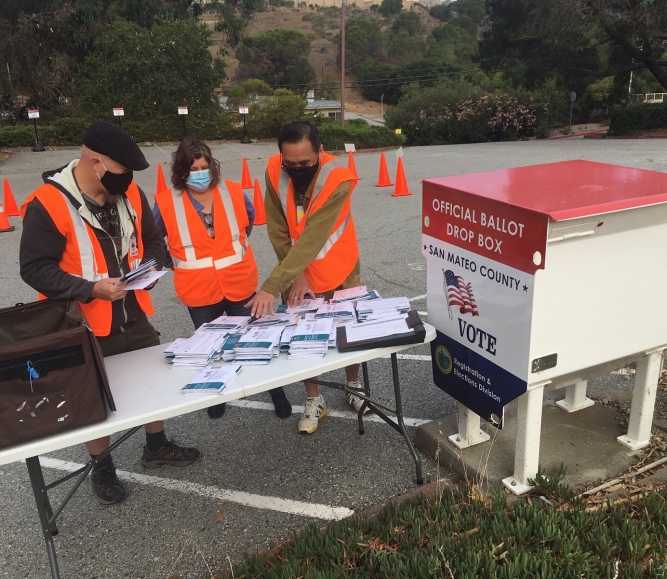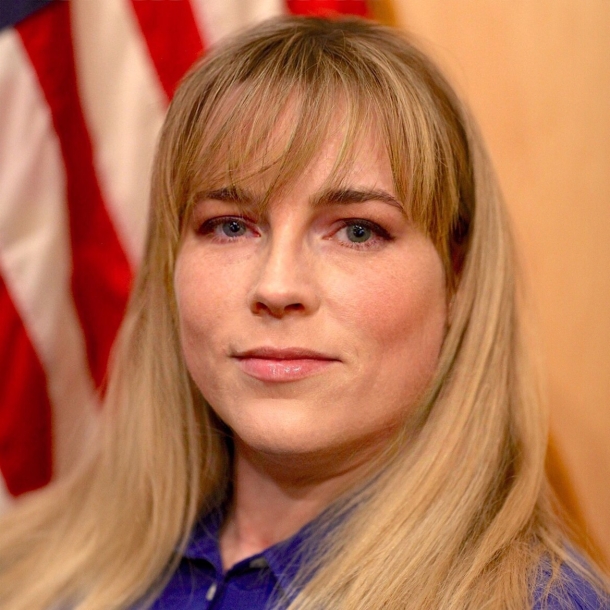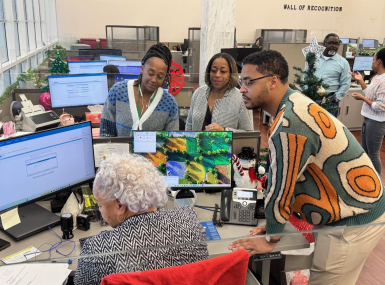Election administrators face profound challenges
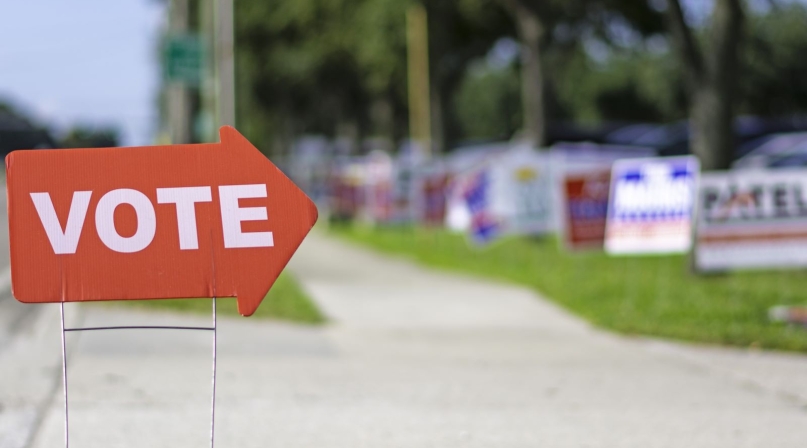
Key Takeaways
As the Santa Fe County clerk, I am at the forefront of a rapidly changing and increasingly challenging landscape in election administration. The environment post-2020 has introduced unprecedented difficulties. Notably, the alarming trend of entire election offices resigning due to ongoing harassment is a clear testament to the stress and turmoil facing election officials nationwide.
Despite the recognition of elections as critical infrastructure by Congress, the election administration field has been doubly impacted. Across the country, we are witnessing a profound loss of election officials and personnel. The impact is more acute in smaller counties, where offices often run with as little as 3-5 people. The departure of even one person in such settings can have a significant impact, resulting in a loss of 20%-33% or more of the institutional knowledge crucial for running efficient and fair elections.
A comprehensive report by Issue One reveals that since 2020, a significant number of states have witnessed the departure of more than 40% of their chief or high-ranking election officials. This exodus signifies a substantial loss of expertise and experience in a field already grappling with numerous challenges. The implications of this trend are profound, impacting the very foundation of our democratic processes.
In this post-COVID era, the issue of staff attrition is not unique to election administration. In Santa Fe County, we see similar patterns in other critical public service areas, such as corrections and public safety. These sectors are struggling with fewer applicants, higher rates of retirements and significant turnover. This widespread issue across various public sectors underscores a systemic challenge in maintaining a robust and committed public service workforce.
Most public offices at the local, state and federal levels are also grappling with retirements, turnover and vacancies, primarily due to wage inflation and competition for staff. The situation is exacerbated by the rapidly evolving job market and shifting workforce expectations. The complexities of modern public service roles, coupled with stagnant wages, create a challenging environment for attracting and retaining talent.
The decline in public service interest is a broader societal issue. Evidence of this trend is visible in various sectors, notably, despite past positive robust reputation and recruitment, the smallest firefighting classes ever seen. This decline affects not just the provision of essential services but also the collective civic engagement and commitment to public welfare.
As we approach the 2024 elections, several significant challenges confront us:
Harassment and threats: The increase in threats and harassment toward staff and volunteers, ranging from mailed fentanyl powder and bomb scares to doxing, is deeply concerning. Such a hostile environment not only impacts staff morale but also deters even the most civic-minded individuals from participating in the election process.
Stagnant wages in election offices: The wages in election offices have not kept pace with other public sectors, including corrections and public safety. This discrepancy is particularly ironic given the critical nature of elections. The growing wage gap further highlights the need for a reevaluation of compensation structures within the field of election administration.
Increased complexity in election processes: In recent years, significant changes in elections across the political spectrum have added layers of administrative complexity. These changes, though well-intentioned and often needed, have increased the demands on election staff and created a need for specialized skills such as technological expertise, sophisticated communications capabilities and in-depth knowledge of evolving legal frameworks. Despite these increasing requirements, salaries in election offices have not adequately adjusted to reflect the new competencies needed to run modern, complex elections. And clerk offices have not been able to expand recruitment to new staffing pools meaning there is higher competition for workers available without proper compensation to recruit them.
To effectively address these challenges, targeted efforts are essential:
Refuse to make harassment the new normal: Implementing strong laws to protect election officials and volunteers from threats and harassment is a critical step. Additionally, it is vital for public servants and society at large to actively reject a culture of harassment and to challenge baseless claims. Maintaining a respectful and safe environment for those working in elections is non-negotiable.
Retain election officials: Raising the salaries of election workers is of utmost importance. When examining the pay of local election offices, they often make less than living wage. In my own office, staff have been homeless or had to take on second jobs or have to travel long distances from the election offices endangering election processes in an emergency. This is not just true for Santa Fe County, but across the country when compared to other offices, it is often the clerks’ offices who are at the bottom. Raising salaries, along with professionalizing civil service and strategically managing the workforce, is necessary to ensure that election administration remains an attractive and sustainable career path.
Reimagine elections offices: In conjunction with higher pay, elections offices will need their county support to increase capacity for additional processes or procedures. Changing internal structures, updating job descriptions, building skill certifications and increasing career ladders within the election field will help increase capacity, build staffing resiliencies and support the election official workforce.
Invest in elections: Comprehensive investments in the election process are critical. This includes establishing internships, youth outreach programs and recognizing election personnel as integral to our critical infrastructure. Advocating for additional funding from the Help America Vote Act directly to local counties as well as increased financial support from state legislatures are imperative steps in fortifying our election infrastructure.
These challenges, though formidable, are not insurmountable. Our collective goal is to uphold a democratic process that is fair, secure and efficient. Immediate and thoughtful action is essential to safeguard the future of our democracy and the boots on the ground that ensure it happens.
Related News
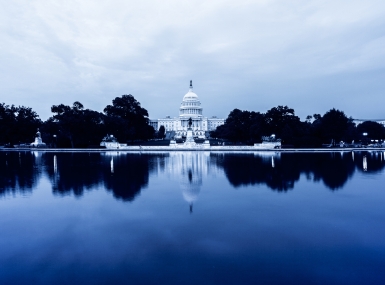
MEGA Act moves in House; NACo raises county concerns
On Feb. 10, the U.S. House Committee on Administration held a hearing to consider the Make Elections Great Again (MEGA) Act (H.R. 7300), which was introduced by Committee Chairman Rep. Bryan Steil (R-Wis).
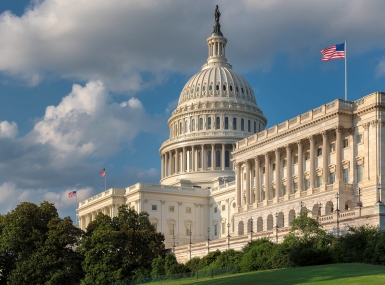
House passes SAVE Act; Major impacts on county election administration
Next week, the U.S. House of Representatives is slated to vote on the Safeguarding American Voter Eligibility (SAVE) Act (H.R. 22), making it the chamber’s second vote on a version of the legislation in less than a year.
County News
County clerks ‘pull back the curtain’ on elections
